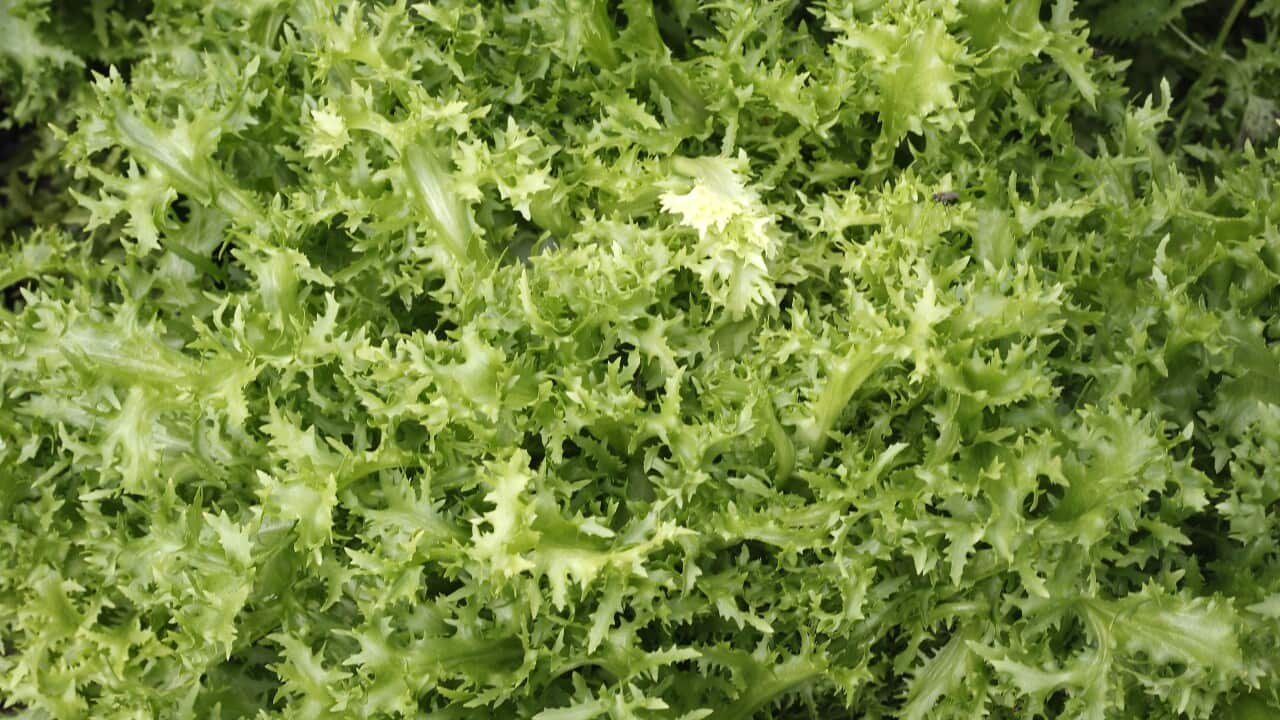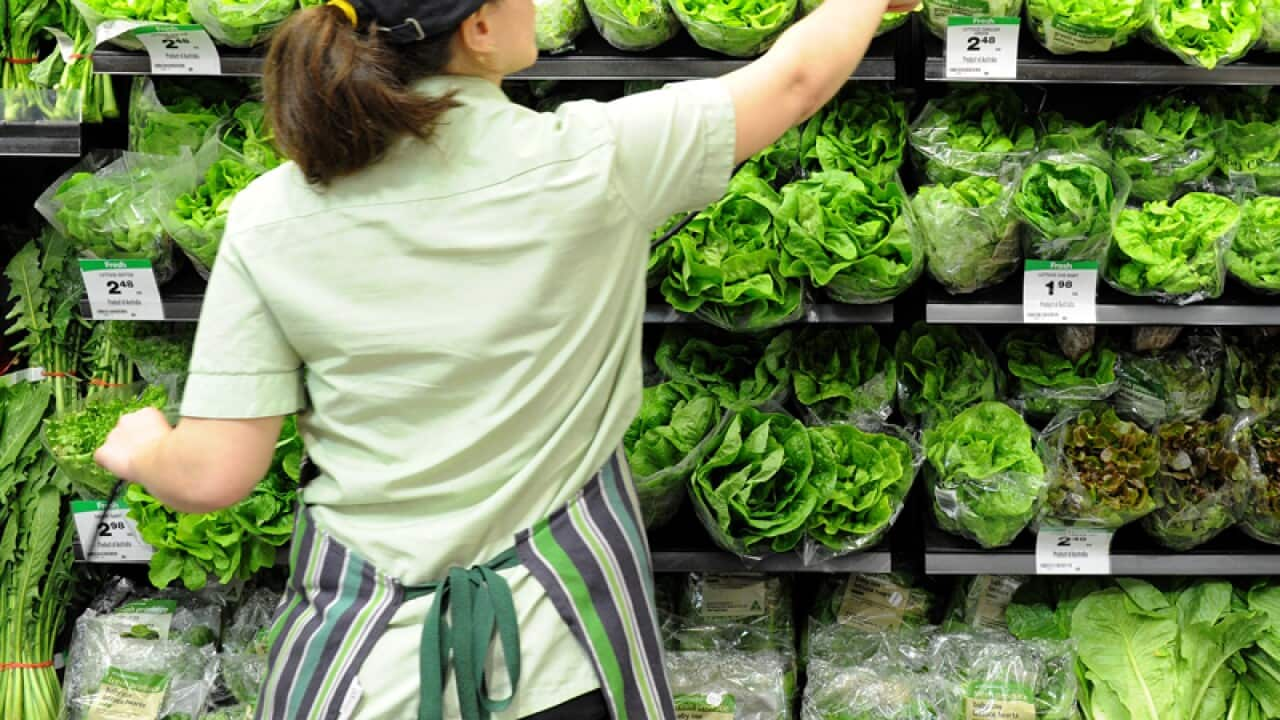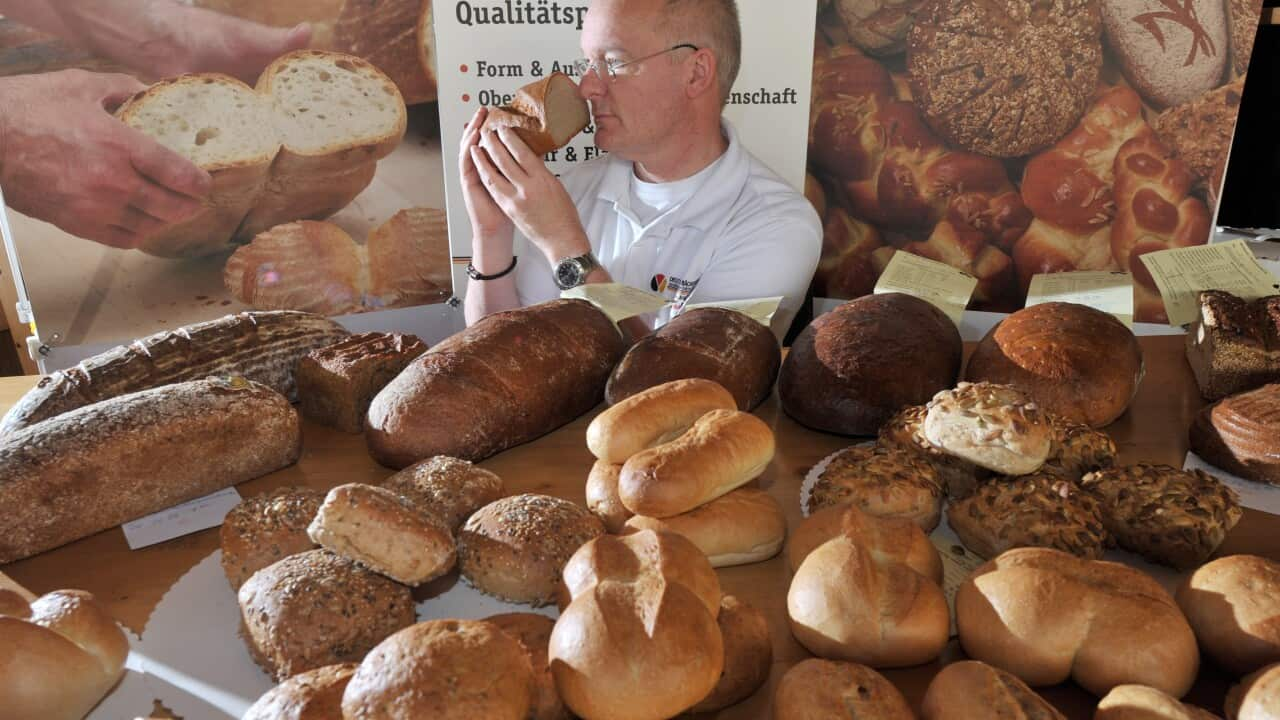The Victorian Department of Health and Human Services has now linked 54 cases of salmonella poisoning to pre-packaged lettuce sold in Coles and Woolworths supermarkets.
At least two people have been hospitalised after eating the vegetables, with the possibility of more cases yet to be confirmed.
The Australian National University’s Associate Professor of epidemiology, Martyn Kirk, said Australia had one of the highest rates of salmonella poisoning in the world, which he attributed to our changing eating habits.
Related reading

Woolies fined $3m for dodgy products
“The majority of the high rates we believe are probably due to increases in recent years of consumers eating foods that contain raw eggs, or uncooked eggs," he said.
“But also there’s a range of other foods that may cause salmonella as well.”
Richard Bennett from the Fresh Produce Safety Centre went one step further, calling Australia’s salmonella rate “endemic”.
He said the bacteria liked our environment so much that “it’s present in soils and animals and humans”, and was easily transmitted.
Salmonella thrives in a warm, moist environment, and is most common in raw and uncooked foods such as meat, through Professor Kirk said it could be found almost anywhere.
Related reading

Salmonella spike prompts salad recall
“Sometimes salmonella can survive even where there isn’t humidity or warmer temperatures," he said.
“We’ve seen that with salmonella surviving on herbs and spices that are dried…products like pepper, and sesame seeds.”
Causes and symptoms
Spokesperson for the Food Safety Information Council, Lydia Buchtmann, said there are multiple points along the food chain where salmonella bacteria can sneak in.
These include where the food is grown, when it’s transported and when it’s prepared to be eaten.
And she believes the true scale of salmonella poisoning could be even greater than first realised.
“While outbreaks are rare we only know 20 per cent of the causes of food poisoning outbreaks in Australia, a lot of them are those very basic things that we could be doing as consumers,” she said.
Professor Kirk said it could be difficult to identify several cases of food poisoning as originating from the same source, and as such many could go underreported.
Related reading

Spider allegedly found in Woolworths salad mix
“Health departments in Australia investigate salmonella outbreaks but there are many cases of salmonella that actually don’t get recognised as part of an outbreak…the number of infections don’t cluster in time or place, and so they’re just considered sporadic and unrelated,” he said.
The symptoms of salmonella poisoning include diarrhoea, vomiting and fever, with most people experiencing the effects for between five and seven days.
While the majority of people will recover with no lasting consequences, there are cases of people dying, such as in the United States in November last year, when four people died after eating contaminated cucumbers.
The recent case in NSW of more than 150 people claiming to have gotten sick after eating at Sylvania bakery, including a pregnant woman who had to have an emergency caesarean, highlights the dangers salmonella can have for particular groups of people, such as the very young and the very old.
Prevention
All experts agree that the Australian food industry has stringent testing procedures, and testing for salmonella varies from product to product and industry to industry, Professor Kirk said.
However the bacteria can be difficult to identify, and, as Produce Marketing Association A-NZ technology manager Richard Bennett said, “testing is a measure of hygiene at any particular point in time”.
“We can’t test our way to food safety,” he said.
Ms Buchtmann recommended people ensure proper hygiene procedures were followed.
“Always wash your hands before you handle food, never prepare food for other people if you’re sick…keep your fridge running at 5 degrees Celsius or below,” she said.
“That will make sure food poisoning bacteria won’t grow, and don’t let things like raw meat and poultry drip onto foods like salad that you’ll be eating raw.”
Consumers who do have the recalled product can take it back to the store they bought it from and get a refund.
If people do become sick, she urges them to do the right thing to ensure others don’t have to suffer.
“If you have become ill hang on to a sample of it so the authorities can test it, and you might want to report it to your local council,” Ms Buchtmann said.
- with AAP
Share


